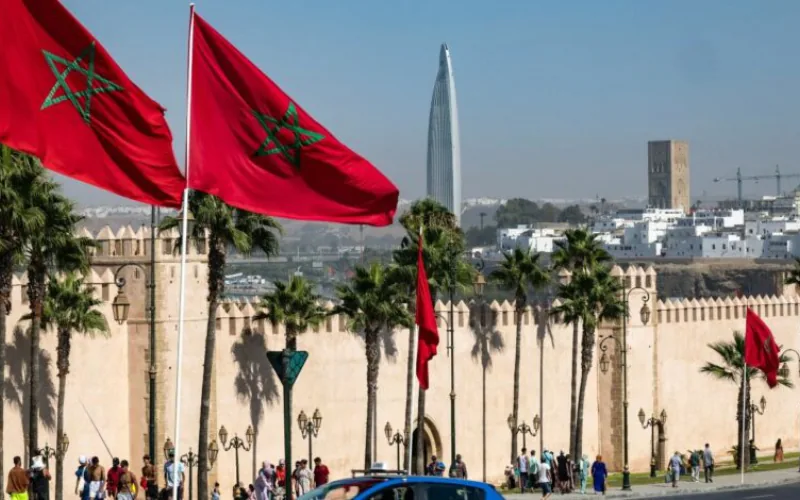Morocco Unveils Investment Incentives to Attract Foreign Capital

During the forum "Morocco & Spain - Investing Together for a Sustainable and Shared Future" in Madrid, Karim Zidane, Moroccan Minister Delegate to the Head of Government, in charge of Investment, Convergence and Evaluation of Public Policies, highlighted the incentive measures put in place by the kingdom to attract foreign investors.
"Morocco has become a reference destination for investment in Africa and the Mediterranean region, thanks to a combination of structural factors and strategic reforms carried out under the vision" of King Mohammed VI, said Karim Zidane in an interview with El Economista on the sidelines of this high-level meeting, organized by the Ministry of Investment, Convergence and Evaluation of Public Policies, in partnership with the Moroccan Agency for Investment and Export Development (AMDIE), before citing the kingdom’s assets. These can be summarized in a few points: Morocco’s political and macroeconomic stability, its strategic geographical location and its network of modern infrastructure including world-class ports such as Tanger Med, high-speed rail networks and integrated industrial zones.
"Beyond Africa, our continent of belonging, the quality of our infrastructure now rivals that of several European countries, and even surpasses them in some segments," noted the Minister Delegate. Priority investment sectors include the automotive industry, aeronautics, electronics, agri-food, pharmaceutical and textile industries, as well as offshoring. Regarding emerging strategic sectors, we can mention among others renewable energies - particularly green hydrogen -, digitization, information technologies and the circular economy, which are also gaining in importance.
Morocco adopted the new Investment Charter at the end of 2022 to improve its investment climate. This is a transparent and readable framework to encourage the act of investing. "Morocco offers incentives that can reach 30% of the total investment amount," explained Zidane. These are direct investment subsidies granted according to the characteristics of each project, its geographical location and its sector of activity. The country also provides "tax exemptions for the first years for new companies or those established in specific areas," added the Minister Delegate.
Related Articles
-

Ryanair’s €800 Million Gamble: 1,000 New Jobs as Airline Shifts to Low-Cost Engine Maintenance Hubs
12 September 2025
-

Casablanca Real Estate Plummets: Prices and Sales Nosedive Across All Sectors
12 September 2025
-

Morocco’s Trade with Israel Soars: Textile and Agri-Food Exports Defy Protest Movement
11 September 2025
-

Marrakech Defies National Trend: Luxury Real Estate and Land Sales Soar Amid Market Slowdown
11 September 2025
-

Rabat Defies Trend as Morocco’s Real Estate Market Splits in 2025
11 September 2025